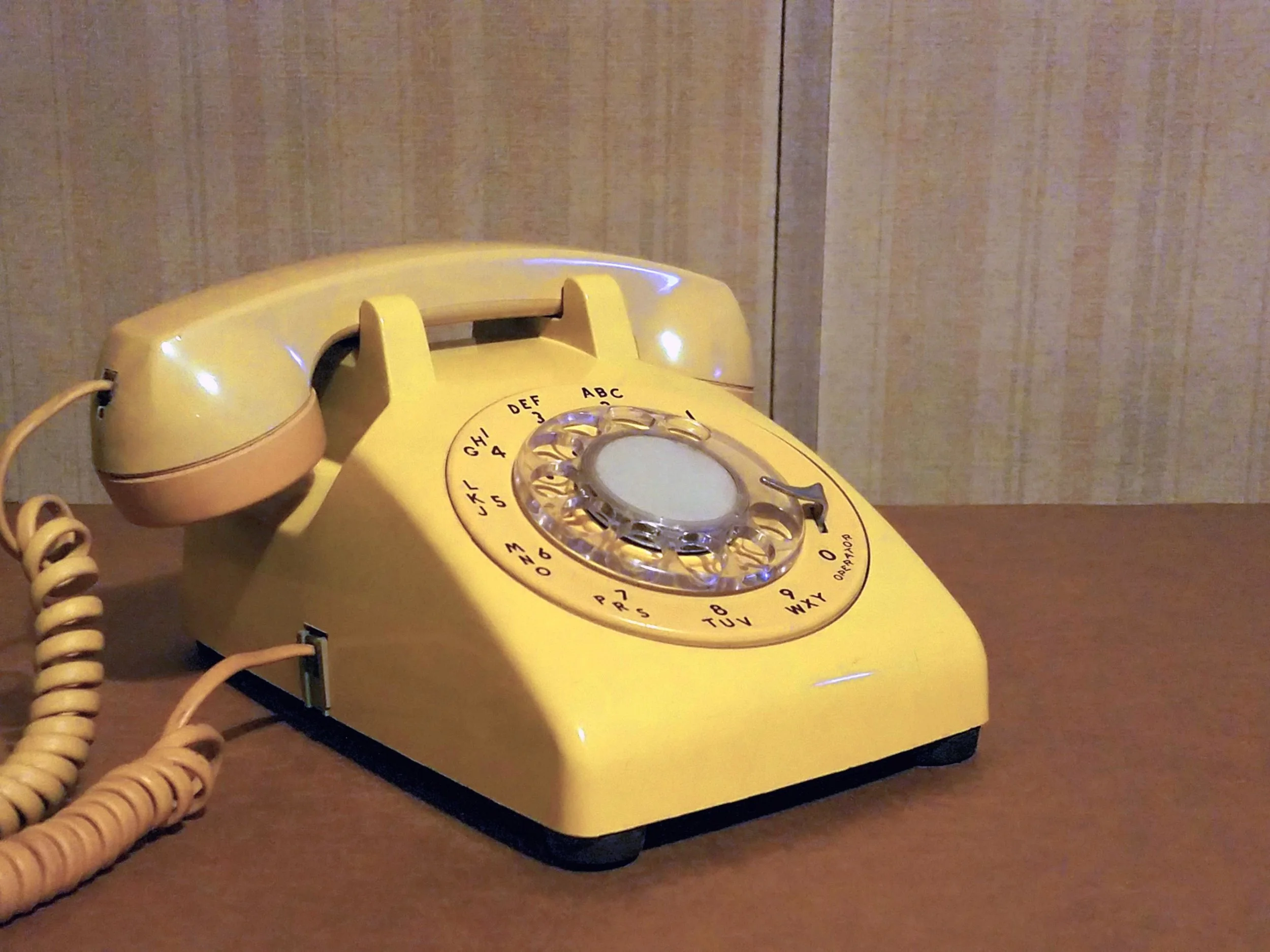You Expected Privacy???
I have really enjoyed perusing the Internet reaction to Mark Zuckerberg's testimony before Congress. I don't know what people expected, but he did what most guilty people (and politicians) do - talked around the answer.
One of my favorite reactions was comparing Zuckerberg to Data, that lovable android from Star Trek: The Next Generation.
There is just irony after irony with this whole story, starting with Zuckerberg's mannerisms - almost like someone who has forgotten to interact with real live human beings. Maybe if he was able to post his answers on Facebook, he might feel more comfortable. The Washington Post ran a story fact-checking his android-like answers, and Wired took a look at Facebook's monopoly status.
But this blog isn't really about Zuckerberg - The way Facebook pimped out our data is blatantly obvious. No, this blog is about our irrational belief that we have any privacy anymore in an internet-connected, social media world. I was shopping for shoes last week. Now, every time that I go to a new site, I see ads for...you guessed it, shoes! Perhaps this should have tipped us off that companies are tracking our behavior? Nah!
Facebook makes money by targeting advertisements to users based on their behaviors. The only way they can do this is by tracking your actions and preferences. It's called big data and virtually all large companies are using it in one form or another. Facebook's problem is that they were too greedy to see when they were being taken advantage of by the likes of Cambridge Analytica and others.
Want more irony or shall I say hypocrisy? How about listening to politicians grill Zuckerberg when ALL of them benefitted from targeted advertising and data mining companies like Cambridge. Many politicians would not be in place without these new manipulative strategies and techniques.
So, you expected privacy? When I was at Merrill Lynch a long time ago, management used to say, "Don't put in an email what you wouldn't want printed on the front page of The New York Times." In general, it's good advice (of course financial advisors shouldn't be concerned about this if they are fiduciaries, but I digress.)
Don't post anything on Facebook, Twitter, LinkedIn, Instagram or any other site if you don't want to be tracked, monitored or potentially exploited. I've accepted this fact, and still use them with full knowledge that once I hit send, the information is completely out of my hands.
Mark Zuckerberg and Facebook deserve to be under the microscope and get whatever punishment the market (and Congress) gives them. Their actions, lax security, policies and procedures are the definition of bad corporate governance. But the social media public also needs to accept responsibility as they walk, zombie-like, through their digital life, posting photos of their omelette, conspiracy theories, political partisanship, drunken revelry or whatever meme is currently popular.
Remember the Merrill Lynch rule above. Don't take random quizzes. Don't become "friends" with people you don't know. But most importantly, turn this issue around and use Facebook and other social media as a tool to share the good and set an example of how these tools can make a positive impact on the world. That's your challenge for the day!








